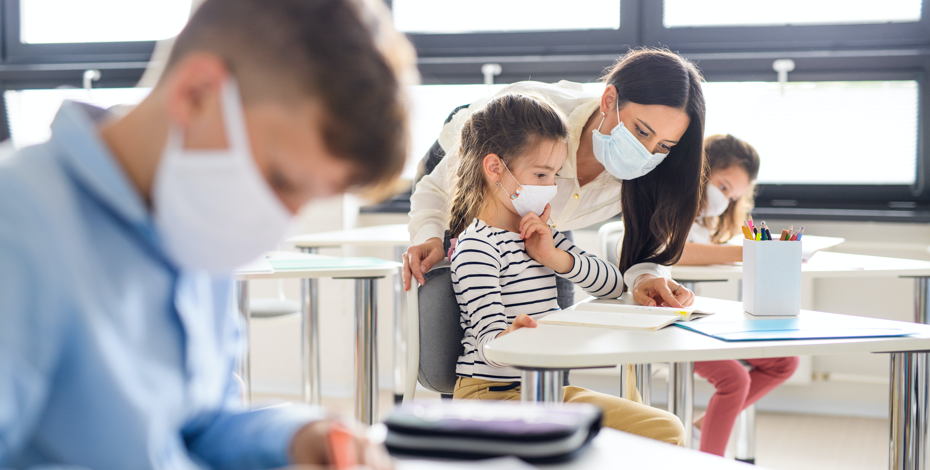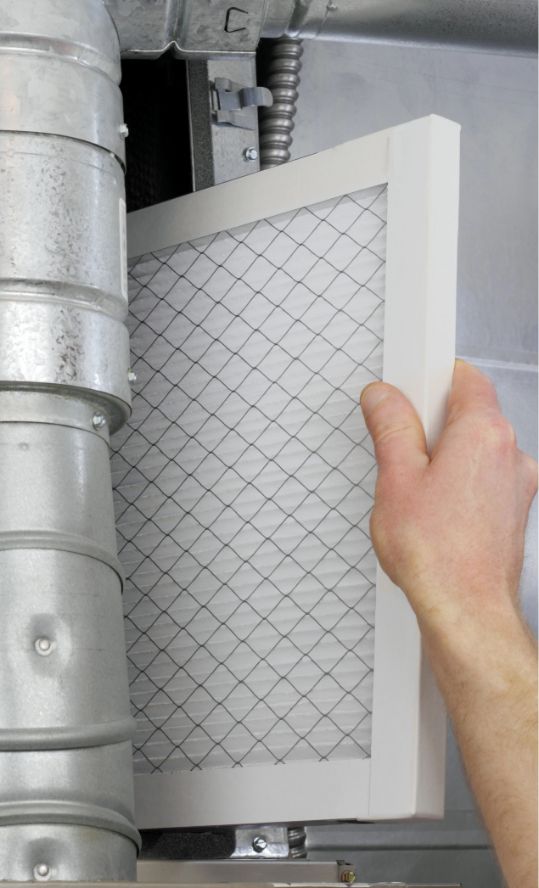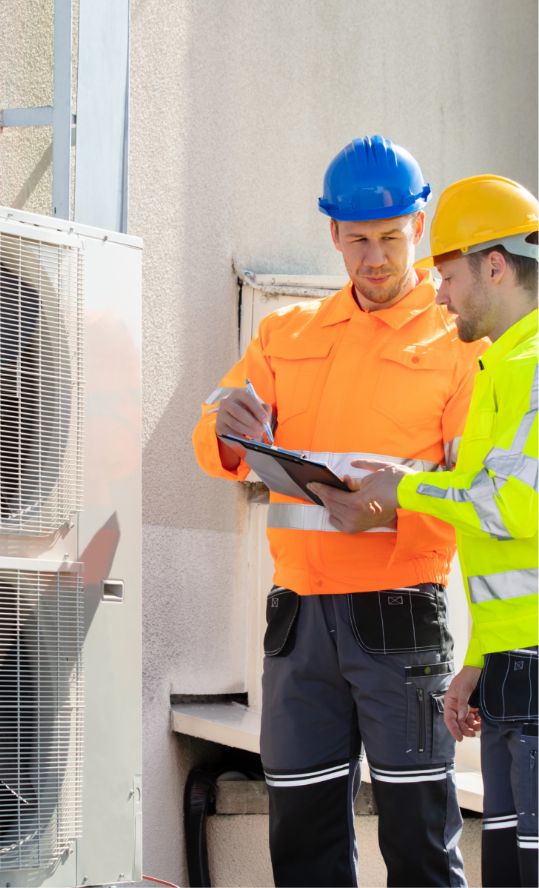
Ventilation & COVID-19
Cutting Through The Noise
As we have been learning about and navigating through the COVID-19 pandemic for the last 12 months, there has been so much information and misinformation about this virus. We have all talked more about aerosols, droplets, social distancing and hand washing in 2020 than we may ever have before. And as we continue to learn, this topic of conversation will be prevalent around our dinner tables and our group chats for quite some time to come.
When you’re reading information in the news, from your friends and family, or anywhere else, it is important to keep a few things in mind:
- Medical advice that is published by official health organizations or peer-reviewed journals is likely more accurate than what you read in widely shared, over simplified articles.
- While COVID-19 is a new virus in our world, we must go back to first principles when trying to stop the spread of any virus.
- Much of what we read in the mainstream media is written from a US point of view. In Canada, we have been using higher efficiency air filters for many years, and our outdoor air quality is also higher. This gives us a better baseline to start from, and many of the changes you need to implement are less drastic that in some other parts of the world.
Health Canada Ventilation Recommendations
With this in mind, we at BGE are excited to see that Health Canada has recently created some specific recommendations around ventilation and COVID-19. These recommendations are consistent with fundamental ventilation principles that we share with all of our customers and the general public. You can read the full guidance from Health Canada here.
Here are some of the key messages:
- Ventilation brings outdoor or filtered air into an enclosed space. It helps dilute potentially contaminated air and removes that contaminated air through vents or windows. For many of us in Canada, opening windows and doors to let outdoor air in is not a feasible solution, so we must rely on well-functioning HVAC systems.
- In most commercial buildings, it is recommended to run your HVAC systems 2 hours prior to the building’s occupancy and to change the air again at the end of the day.
- Get the most out of your indoor air systems:
- Select air filters that have the highest MERV rating that your system can handle, so that you can maximize the filtration efficiency.
- Check your air handling units to ensure proper installation and fit of these filters. If there is any air bypass around the filters, you are compromising the performance of your filters.
- Clean and change your filters and filter banks regularly, not necessarily when the manufacturer recommends, but as often as your system requires it.
- Try and keep your indoor humidity levels at 30-50%. Increased humidity reduces the time that airborne particles stay suspended in the air.
- If you have specific areas of your indoor space where ventilation is poor, you can supplement your systems with a portable room air purifier. These units should also be selected based on the best fit for your space, and should be maintained regularly for maximum effectiveness.
Curious How Your Indoor Air Quality Stacks Up?
If you have any questions about your current ventilation, book an Aircheck to get a detailed report about how well your systems are performing.

Your Partners In Clean Air
Call 780-436-6960 today to speak with a BGE Clean Air Advisor.




